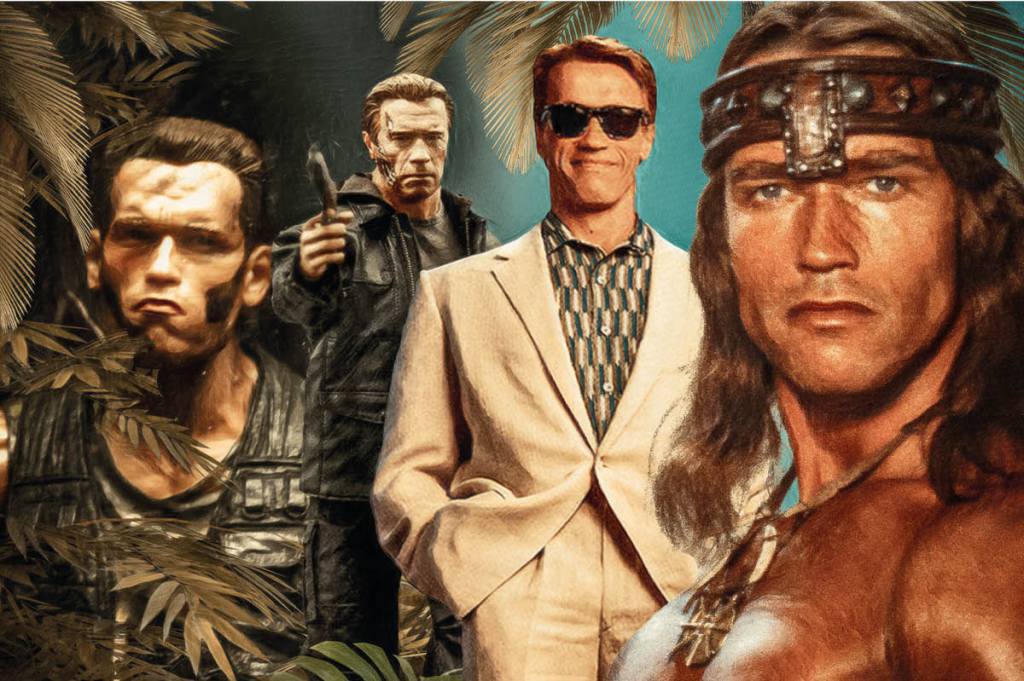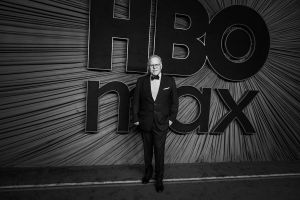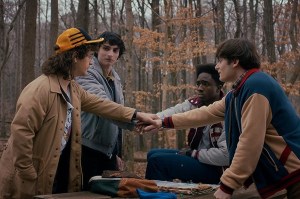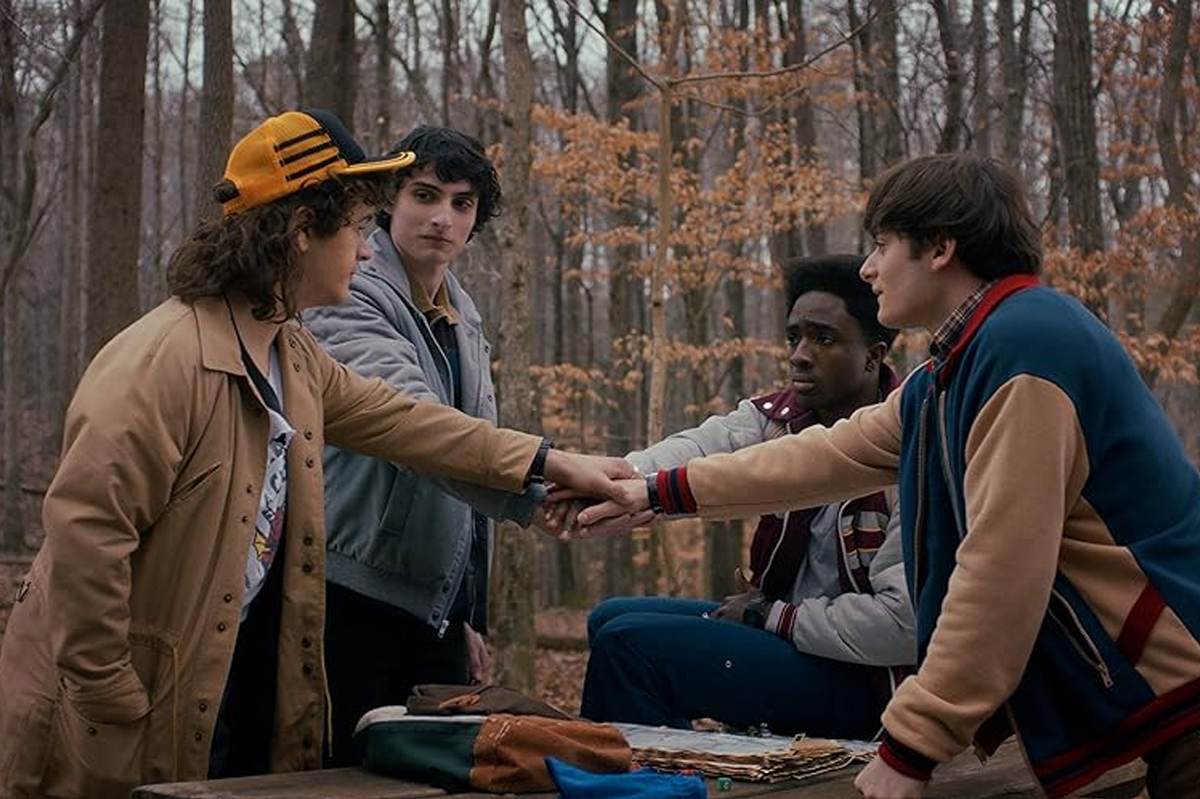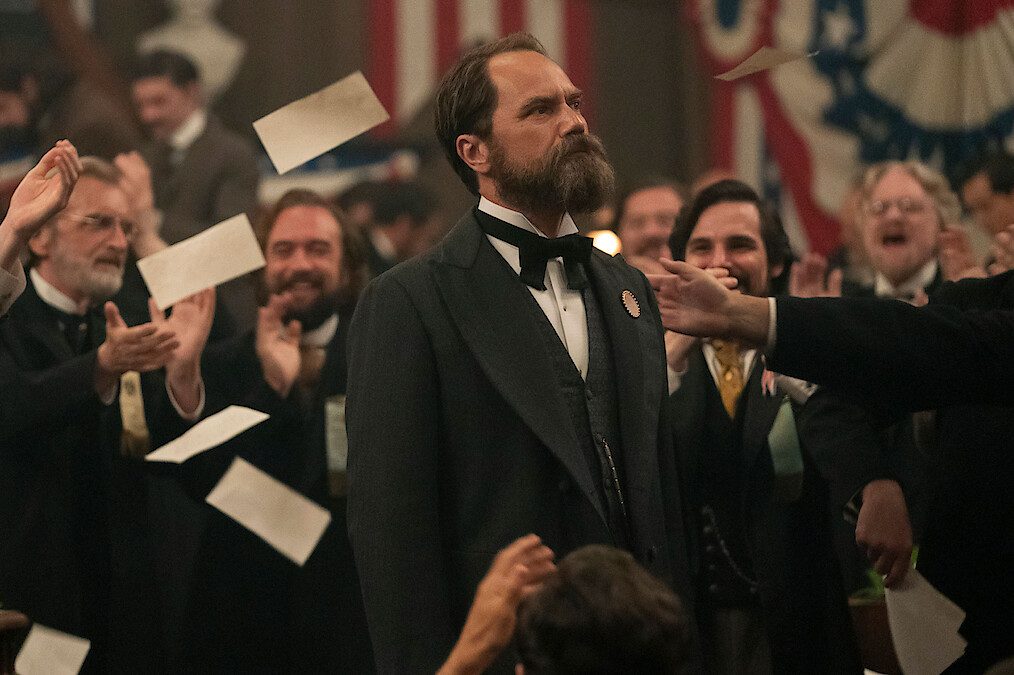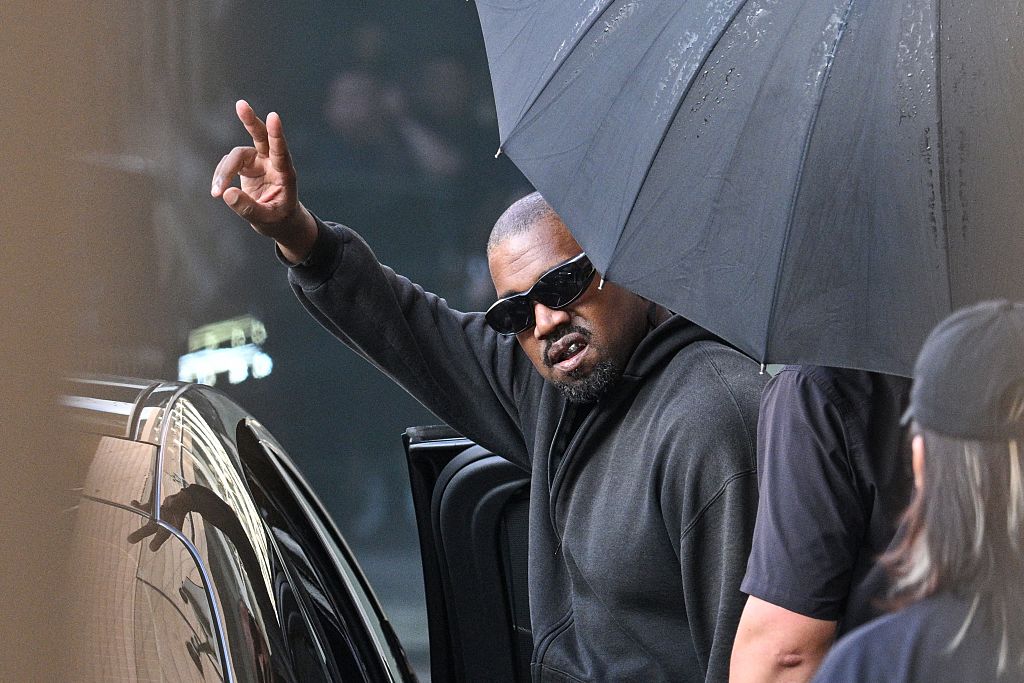It would be presumptuous to call 2023 the comeback of Arnold Schwarzenegger: he never went away. From his first starring role in 1982’s Conan the Barbarian to an illustriously memorable life and career that have included everything from the Terminator films to his term as governor of California, he has judiciously created an existence for himself as an all-American success story; a sort of Scott Fitzgerald character for the Reaganite age. Not bad, really, for a man born seventy-six years ago in a small town in Austria, the son of an unrepentant Nazi.
Should you turn on Netflix, you will now be greeted by two incarnations of Der Arnold. The first, Fubar, is a spiritual sequel to his 1994 action-comedy True Lies, which saw its own planned follow-up axed amid James Cameron’s strange obsession with making Avatar films and social concerns that its attitude toward Arab villains sat badly with contemporary concerns. It revolves around a CIA agent on the verge of retirement (oh, guess who) who discovers that his daughter is also a secret operative: the two of them have kept these secrets from each other for decades. It is brisk, amusing and entirely disposable — perfect streaming entertainment, in other words. Its most notable feature is that it’s Schwarzenegger’s small-screen debut, a tacit admission that his days as a cinematic leading man are now largely behind him.
The other Netflix series is more interesting. It’s a three-part documentary, entitled simply Arnold, directed by Lesley Chilcott, who was involved with Al Gore’s An Inconvenient Truth, among other films. Focusing on his life, career and some of the less PR-friendly aspects of the past few decades (such as the child that he fathered with his housekeeper, which resulted in divorce from his wife Maria Shriver), Arnold has arrived on the streaming service with the appropriate gravity that a cultural icon should have bestowed upon him. There may be a great deal of truth in it — inconvenient or otherwise — but it will do nothing to damage Schwarzenegger’s reputation as an American icon, beloved by millions and synonymous with some of the hammiest but best-known catchphrases of cinema. He may have proclaimed “I’ll be back” in 1984’s The Terminator, but his entire life and work have been predicated on those words. He has, indeed, been back, over and over again.
Schwarzenegger rose to prominence in the Eighties alongside two other icons of action cinema, Sylvester Stallone and Bruce Willis. It is fair to say that none of them today enjoy the careers they did in their heyday; an ailing Willis has retired from acting, and Stallone is starring in yet another Expendables film, after reprising his Rocky and Rambo roles more times than seems natural or comfortable.
Yet both Stallone and Willis have often tried to take on serious acting roles and, more often than not, succeeded in the attempt; one thinks of Willis’s mournful, restrained performances in M. Night Shyamalan’s The Sixth Sense and Unbreakable, or Stallone’s vanity-free appearance as a deaf sheriff in James Mangold’s Cop Land.
Schwarzenegger has very occasionally tried to take on parts that demand greater range from him — one thinks of his suicidal cop in the millennial horror End of Days, or his more recent appearance as a father grieving for his zombified daughter in Maggie — but he would be the first to admit that he is a performer, rather than an actor, and he derives his iconic presence from his stature, Austrian accent and physical prowess, rather than any particular versatility.
One of the best jokes in his unsuccessful 1993 action-comedy The Last Action Hero revolves around the unlikelihood of his playing Hamlet, as he declares “Hey, Claudius! You killed my father! Big mistake!” as Elsinore is laid to waste, and the narrator announces “Something is rotten in the state of Denmark, and Hamlet is taking out the trash!”
Yet The Last Action Hero’s relative failure at the box office, gobbled up in the wake of Jurassic Park, was also a reminder that Schwarzenegger’s imperial era was at an end. When he emerged in the Eighties, he was a Reaganite fantasy made flesh, a Republican who could single-handedly take on America’s enemies, armed with a mixture of rocket launchers and groan-inducing quips. At their best, they achieved a kind of bizarre poetry, as in Commando’s “Remember, Sully, when I promised to kill you last? I lied!” And at their worst — as in the same film’s “I eat Green Berets for breakfast and right now I’m very hungry!” — the opportunities for camp and homoeroticism are all but thrown away, thanks to Schwarzenegger’s none-more-macho presence.
It isn’t that he wasn’t a talented comedian; his appearances in Ivan Reitman’s Twins and Kindergarten Cop ably demonstrated a pleasingly broad comic sensibility, skillfully harnessed by James Cameron in both Terminator 2 and True Lies, the latter of which remains an underrated exercise in harnessing Cameron’s signature pyrotechnic set-pieces to howling absurdity. When Schwarzenegger’s character has been injected with a truth serum and is asked by his appalled daughter whether he has killed anyone, he replies drowsily, “Yes, but they were all bad.”
That is the enduring key to his success as both an actor and a personality: he may have made mistakes, both personally and professionally, but his outsized, cartoonish presence was such that it was hard not to warm to him, even if you despised both his politics and his films.
The turning point came after the millennium, when he temporarily abandoned acting for politics. It was long rumored that he harbored the highest ambitions, but he had to content himself with serving two terms in California as the so-called “Governator,” where he underwent a Damascene conversion of sorts and moved toward the center. He proposed everything from marijuana legaliza`tion to universal healthcare and warned of the dangers of global warming and the benefits of environmentalism.
Since leaving office, he has railed against Donald Trump (whom he described in one of his regular YouTube “fireside chats” as “a failed leader” and “the worst president ever”) and generally offering a liberal line, although there are no signs of his abandoning the GOP, even if Trump does return to the fray in 2024.
It is fair to say that this pragmatism — some might call it opportunism — has defined Schwarzenegger both as an actor and a politician. There have been occasional suggestions of sex scandals, but he has avoided the #MeToo controversy that has plagued many of his contemporaries, instead determinedly presenting himself as a likable, accessible figure, something that the Arnold documentary does nothing to alter, even as it goes into the murkier areas of his past. However, even though Chilcott has adamantly suggested that Schwarzenegger was not allowed control or approval over the final cut, his influence and presence are writ large over the show, meaning that the man known as the Austrian Oak retains his credibility and popularity, possibly even allowing them to be enhanced.
Contemporary Hollywood — and the contemporary Republican Party — are both in a bind. We live in an era of outsized but controversial characters jostling up against the colorless, where the apparent certainties of a bygone era have long since vanished and cinema is subsumed to empty comic-book heroics, churned out without distinction or interest. (Tellingly, Schwarzenegger’s foray into superhero villainy in Batman and Robin as Mr. Freeze remains one of his least distinguished pictures, despite or because of the dreadful ice-based puns that haunt the picture.)
Today, Arnie, as he is fondly known, is a nostalgia act, whose appeal lies in hazily remembered visions of what America used to be like, rather than the queasy dystopia that it seems to be sinking into. One of the reasons Schwarzenegger’s YouTube videos are so popular is that they express a certainty that is sorely lacking in so many other areas of public life. Stick with Uncle Arnold, they seem to say, and you’ll be all right.
Well, the American public have stuck with Uncle Arnold for several decades now, even if none of his films since 2003’s Terminator 3 have been notably successful at the box office; his subsequent Terminator reprises have been stymied by higher budgets, meaning that their commercial underperformance has led to the retirement of his signature role. There are occasional rumors that he will return to his Conan role, older and wiser, but it seems about as likely as his returning to political office.
And that, you suspect, is how he likes it. He promised many years ago that he would be back, and he has returned to public life, and will continue to be a much-loved stalwart of the entertainment industry without ever bothering the zeitgeist. Who, after all, could not look with affection on a man who, faced with a deadly alligator in the action film Eraser, could quip “You’re luggage!” before turning the unfortunate reptile into just that? Stars will come and go, but icons like Schwarzenegger will remain constant. Thank Arnie for that.
This article was originally published in The Spectator’s August 2023 World edition.



